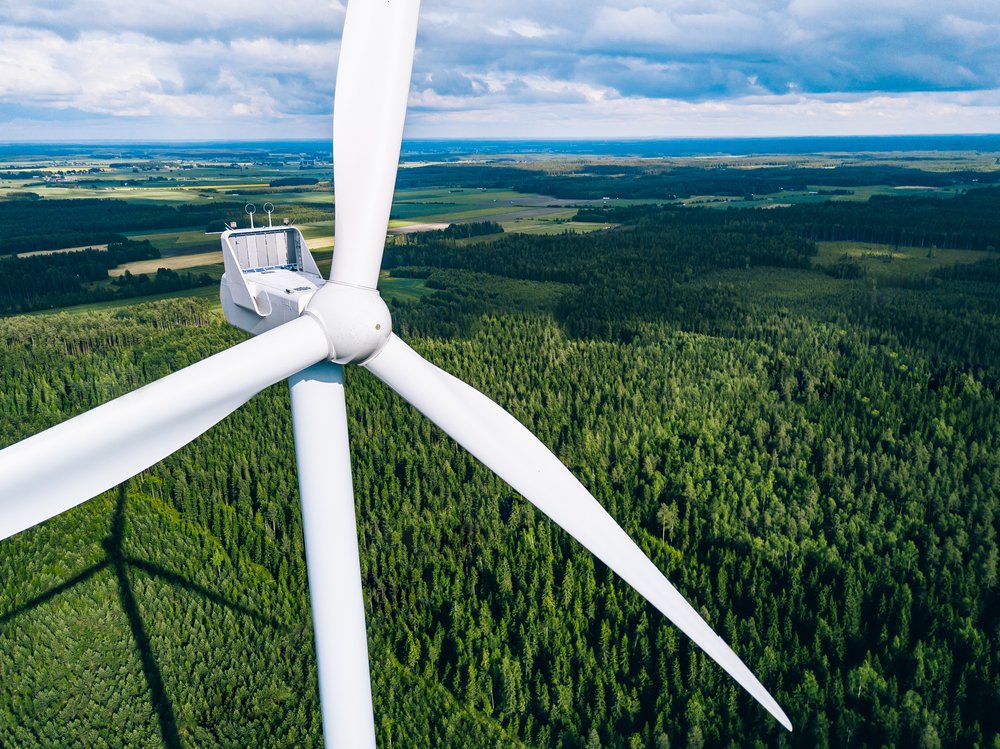Citizen protests have tipped the scales: The planned wind farm between Eintürnen and Arnach will not be built. Despite significant investment and extensive planning, the companies Energiequelle and Laoco withdrew their application. Three wind turbines with hub heights of 175 meters were to be built. However, the population, conservationists, and local politicians united in their opposition and prevented the construction in the Wurzacher Ried nature reserve. (schwaebische: 13.09.25)
Determined Citizen Protest Secures Nature Reserve
The citizens’ initiatives formed early and quickly received support. The Upper Swabia-Allgäu landscape conservationists, in particular, exerted pressure. Their core argument: the planned wind farm would have changed the appearance of the nature reserve and jeopardized the valuable European Diploma. Visible from the Wurzacher Ried, the turbines would have permanently impacted the landscape.

With growing support in the region, the public protest gained momentum. Information events mobilized hundreds, and more and more voices called for the project to be stopped. Political pressure mounted in parallel, so that the companies saw little room for maneuver.
Political Support for the Population
District Administrator Harald Sievers clarified that a consensus existed “from the Ministry of the Environment to the District Office.” For him, it was clear: Preserving the nature reserve takes precedence over economic interests. Mayor Alexandra Scherer also praised the result. She called it good news for Bad Wurzach and a clear signal in favor of the Wurzach Ried.
Despite withdrawing from the project, Scherer emphasized that the energy transition remains an important future issue for the city. However, it must be implemented in harmony with nature and landscape conservation.
Difficult Decision for the Companies
Laoco Managing Director Christian Böhm admitted that it was a “very difficult decision.” His company needed projects that were economically viable. Nevertheless, they didn’t want to take the risk of losing the European Diploma for the Wurzacher Ried. When asked, “Should we let this come down to a confrontation?”, he answered with a resounding “no.”
The investments in planning, expert opinions, and information events are lost. Landowners on whose land the facilities were planned will not receive any compensation. Nevertheless, Böhm emphasized that his company does not implement projects without public support. In doing so, he emphasized acceptance rather than quick profits.
Discussions shaped the decision-making process
Thomas Lötsch from the district office spoke of “exciting months” characterized by intensive discussions. The application was ultimately withdrawn – and thus the end of the wind farm between Eintürnen and Arnach.
Peter Neisecke from the Building and Environmental Office also emphasized that his office always acts neutrally. While they support the energy transition, they must assume the role of arbitrator when it comes to permits. This example shows that a strong public protest can influence political decisions and derail projects worth millions.
Conclusion
The outcome between Eintürnen and Arnach clearly shows that local resistance can have an enormous impact. The public protest against the wind farm between Eintürnen and Arnach not only curbed economic interests, but above all protected the Wurzacher Ried nature reserve. The region is thus sending a clear message: The energy transition requires acceptance and must not undermine landscape protection.
